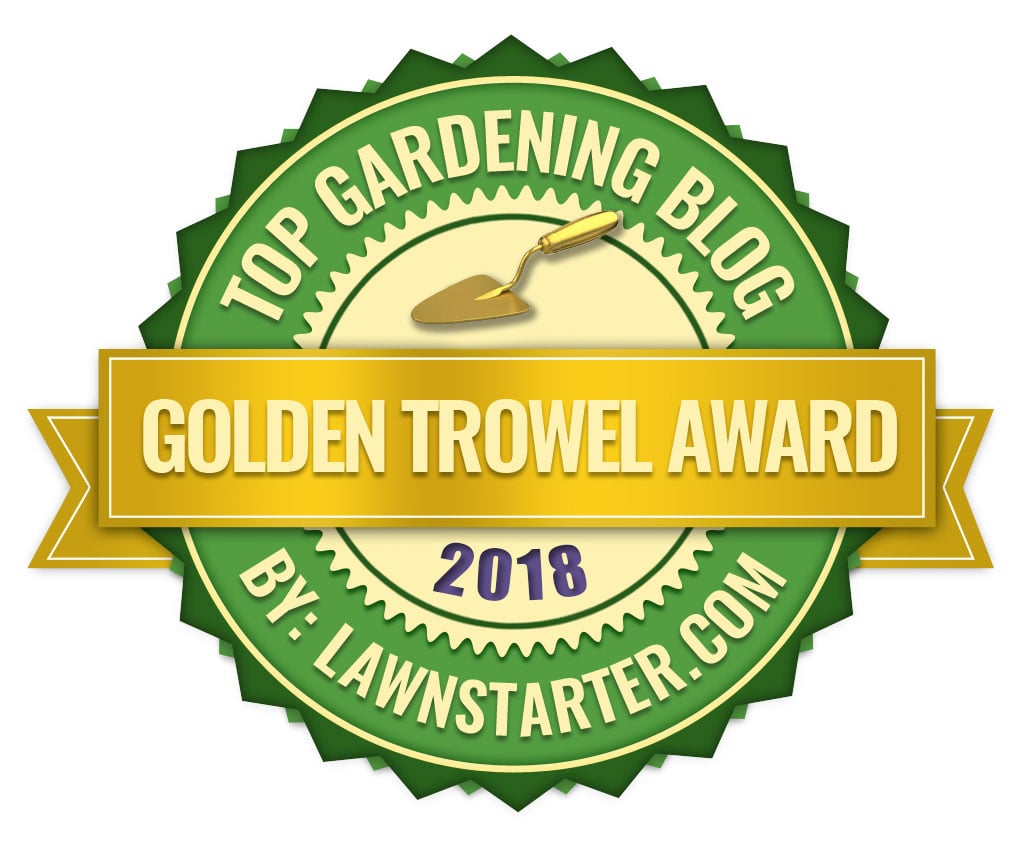I have mentioned before, I am an active member of the Coastal Carolina Camellia Society. I really dig this group (half a pun intended). I have learned SO much about Camellias just chatting with and listening to some of these folks. I really feel if you can get involved with any plant society it will be worth your time. There is an Orchid Society here in Charleston also, I plan on joining them sometime in the future. They only meet on even months and the past two meetings I have had something else come up.
Unfortunately, that is about all she wrote.
There is the Charleston Horticultural Society, that is a little different in my book. They are more of a broader range society. They tend to cover all kinds of plants. Don't get me wrong, you can learn a lot from these folks too. When I say join a plant society, I mean an individual plant, i.e. The Camellia Society.
I decided to do some searching around to see what else was out there. Boy, did I come across some neat groups. The American Conifer Society, The Hosta Society, The American Hibiscus Society, just to name a few. I am wanting to learn as much as I possibly can about as many plants as I can without losing my mind. So, my thinking was, I will pick a couple of other societies, join them and LEARN!
Apparently, South Carolina has cooties or something like that when it comes to plant societies. There does not seem to be any chapters here in South Carolina.
Let me give you some examples.
The American Hosta Society. I have just recently learned there are hundreds of Hostas out there. Hostas are a pretty common plant here in SC and you would think there would be a society. Nope! There are none listed. There are two in North Carolina, one in Georgia, one in Virginia and four in Tennessee. All around us, none here.
How about The American Daffodil Society. Georgia, Tennessee, Florida, Virginia, North Carolina...South Carolina, you are outta luck.
The Gesneriad Society. (This is the group that has African Violets, Gloxinias and about 2000 other species and hybrids that make up some unusual houseplants). They are all over the place, Florida, Georgia, California, Colorado, even have one of these in Canada and Sweden! I guess I shouldn't feel too left out, North Carolina got the boot on this one too.
It is a shame that all this great information is not available in my home state of South Carolina. If I had the time and the money I would SO love to start a few of these. Holly, Ivy, Hydrangea and so many more plants all have their own societies. Did we forget to bathe? Is there no interest in SC for societies? Please, if somebody is reading this that would like to start a certain society...Contact me! I will help if at all possible.
Like I stated before, there is so much to learn by joining a society. My biggest fear is that so much knowledge will go to waste because it is not passed on to the next generation. Yes, I know there are books, the internet so forth and so on. It is just not the same. I can look at pictures all day of certain Camellia flowers, I still can't identify them in the real world.....Unless someone has taken the time to show me an actual flower and tell me this is what so and so looks like. Pictures do not do a flower justice.
I want to go see a yard that somebody is growing a "Lost" Hosta or Iris. I want to see the flower of a Daffodil that can't be bought in the store anymore because a "Better, Brighter, Shinier one" has been bred. Breeders are always trying to improve different flowers. That is fine and dandy, just don't throw the old ones out and forget about them.
One little story relating to this. At one of my plant swaps, my mother received some brown Iris bulbs. I did not even know there was such a thing. Apparently these are some old heirloom Iris'. Anyway, had that person not brought them, I would not have probably ever gotten to see them. This is the type of information and knowledge that is being lost. Please, join a society, create one if you have a passion for a specific species of plant. Pass the information on to the next generation!
I wonder if a Citrus Society in South Carolina would work? Hmmm.
Happy Growing!
Darren
Friday, February 26, 2010
Subscribe to:
Post Comments (Atom)








No comments:
Post a Comment